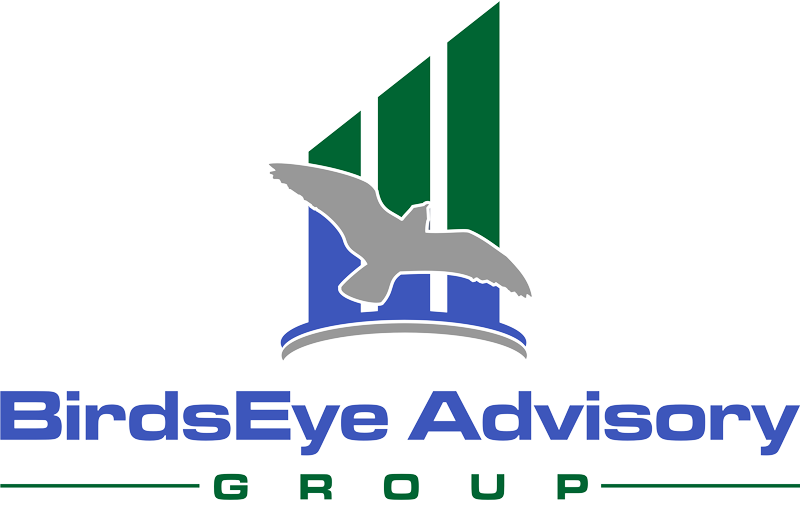
“I have this amazing pet product that I just launched at Global Pet/SuperZoo. The response has been nothing short of fantastic and the orders are rolling in. We are still very small, and don’t have enough collateral to to qualify for a bank loan but I need money for inventory and infrastructure. Can you help me?”
As an investment banker for pet companies, I get access to many, many compelling, early-stage pet companies, looking to raise funds. It’s exciting that I am in an industry realizing such solid growth. Unfortunately, raising early-stage capital is one of the hardest tasks a pet industry entrepreneur will ever undertake. Why? Because Venture Capital is generally not interested in investing in pet products unless there is a technology component. The answer I usually give these entrepreneurs is this: “You have four options – friends and family, angel investors (which could also include friends and family), credit cards, and crowdfunding.” Over the next few months, my articles will cover the ins and outs of each of these fund-raising options, starting with crowdfunding.
Fortunately there is an organization that has embraced crowdfunding for consumer products and is significantly changing the options available to early-stage entrepreneurs. It’s called Circle Up and I’ve watched this company grow from a pure start-up just a few years ago to the premier vehicle for small pet industry entrepreneurs who need growth capital.
I originally met Circle Up’s founder, Ryan Caldbeck, several years ago when he was with Encore Consumer Partners, a Private Equity firm specializing in Consumer Products (they owned Zuke’s and still own Thunderworks). A Duke undergrad and Stanford MBA, Ryan came up against a lot of skeptics when he announced his plans to leave Encore and launch Circle Up. Lucky for the pet industry, Circle Up has been a raging success and has resulted in over $80 million being raised in the last 3 years. Not surprising, pet is one of their biggest categories.
I recently chatted with Ryan Caldbeck about his journey in founding Circle Up and what it takes to realize a successful crowdfunding raise.
What size does a company need to be before they will be considered for the Circle Up platform?
We typically work with companies with $1-20M in revenue but are open to pre-revenue companies if the entrepreneurs have prior relevant experience.
When and why did you start Circle Up?
I started CircleUp in 2012 after a career in consumer private equity, during which I invested in Zuke’s and Radio Systems (PetSafe). I wanted to start the company because I saw an entire universe of great entrepreneurs in the consumer space that were too small for private equity (typically less than $20M in revenue) and not the industry for Venture Capital, which tends to focus on technology companies. What I found is that the returns to investors in early-stage consumer and retail were historically very strong but it was just an very inefficient market. Hard for companies to find investors and vice-versa. I launched CircleUp to help entrepreneurs thrive by giving them the resources and support they need.
What are the criteria for being accepted onto the CU platform?
We focus only on consumer and retail companies. Important categories for us include pet, personal care, food/beverage, retail, apparel, household goods, etc. We look for exceptionally strong teams that are disrupting large industries that have historically experienced very little innovation. We accept ~2% of companies that apply to CircleUp.
What are common attributes for companies with the most success raising capital?
An engaged CEO. Whether you raise online or offline, the most successful CEOs are proactive and engaged. In our 3 years we have helped shorten the average time to raise capital by about 70%, but CircleUp as a platform and a tool only works if the CEO is engaged.
How much does it cost for a company to raise $$ on Circle Up?
We charge a commission on the capital that is raised. The commission rate depends on how much the company raises.
Carol Frank of Boulder, CO, is the founder of four companies in the pet industry and a Managing Director with BirdsEye Advisory Group, where she advises pet companies in M&A transactions and Exit Planning. She is a former CPA, has an MBA, is a Certified Mergers and Acquisitions Advisory (CM&AA) and holds Series 79 and 63 licenses. She highly values and incentivizes referrals and can be reached at cfrank@birdseyeadvisory.com.
